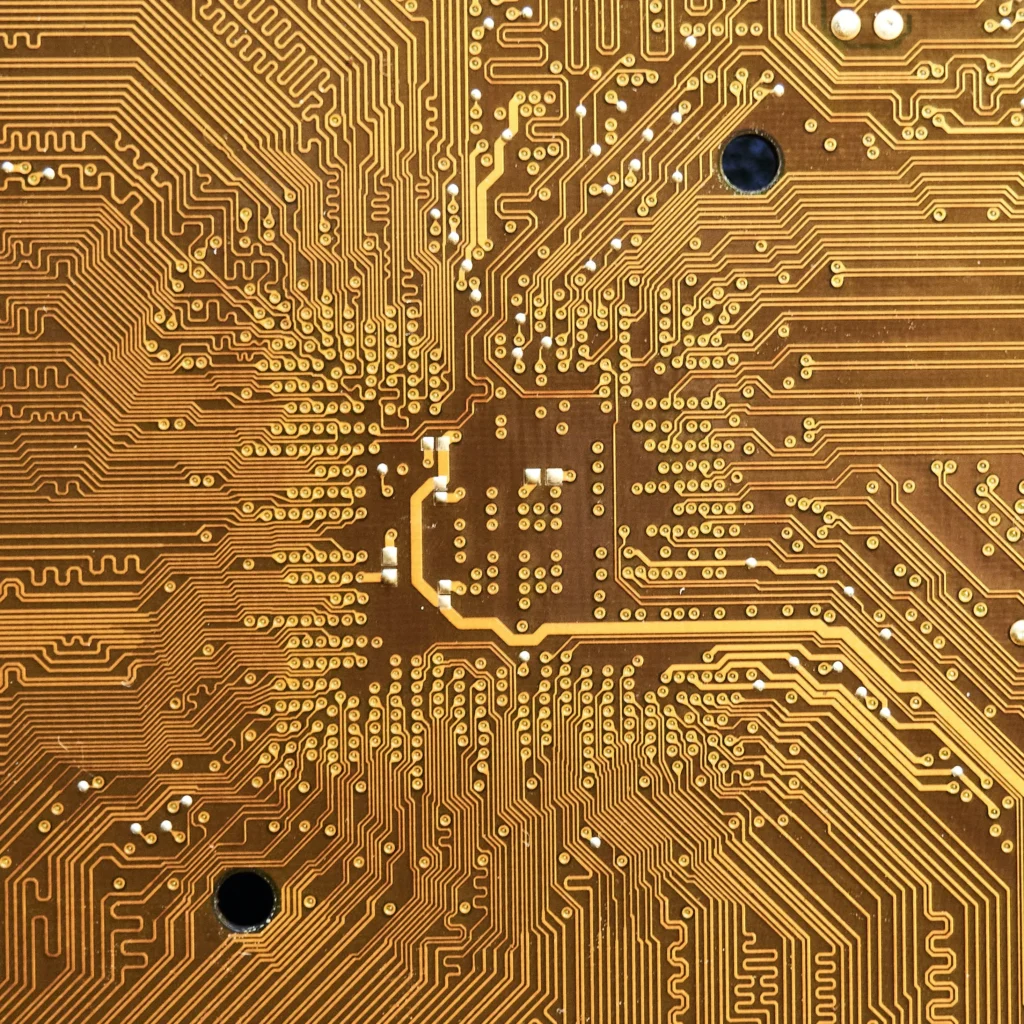What is Quantum Computing?
Quantum computing is a sort of computing that performs operations on data by utilizing quantum-mechanical phenomena such as superposition and entanglement. This enables quantum computers to address issues that traditional computers would find difficult to solve.
The Basics of Quantum Mechanics
To understand how quantum computing works, you must first understand the fundamentals of quantum mechanics. Quantum mechanics is, at its heart, a field of physics concerned with the behavior of matter and energy at the quantum level.
How Does Quantum Computing Work?
Quantum computing, as opposed to classical computing, uses quantum bits, or qubits, to represent information. Qubits can exist in superposition, which means they can represent several values at the same time.
Applications of Quantum Computing
Many industries, including encryption, drug development, and materials science, stand to benefit from quantum computing. One of the most well-known uses of quantum computing is in cryptography, where it may be used to crack existing encryption schemes and construct new, more secure ones.
The Advantages and Disadvantages of Quantum Computing
Advantages
One of the most significant advantages of quantum computing is its capacity to solve complicated problems that would take classical computers years, if not decades, to solve. Furthermore, quantum computing has the potential to alter industries and fields in ways we cannot yet comprehend.
Disadvantages
However, there are several difficulties with quantum computing. The issue of decoherence, which can cause qubits to lose their quantum features and become “classical” bits, is one of the most difficult. Furthermore, quantum computing necessitates specialized hardware and knowledge, making scaling challenging.
The Future of Quantum Computing
The Current State of Quantum Computing
Quantum computing is still in its early stages, and more work need to be done before it can reach its full potential. Currently, the most powerful quantum computers have just 50-100 qubits, which is insufficient to handle many of the most important issues.
The Future of Quantum Computing
Despite these obstacles, the future of quantum computing appears bright. numerous experts believe that quantum computing will become a reality within the next decade, transforming numerous disciplines in ways that we cannot yet comprehend.
FAQs:
Q: What is the difference between classical computing and quantum computing?
A: Classical computing uses bits to represent information, while quantum computing uses qubits. Qubits can be in a state of superposition, meaning they can represent multiple values at once.
Q: What are the potential applications of quantum computing?
A: Quantum computing has the potential to revolutionize many fields, including cryptography, drug discovery, and materials science.
Q: What are the biggest challenges facing quantum computing?
A: One of the biggest challenges facing quantum computing is the issue of decoherence, which can cause qubits to lose their quantum properties and become “classical” bits.
Q: How many qubits do the largest quantum computers have?
A: Currently, the largest quantum computers only have around 50-100 qubits.
Q: When do experts predict that quantum computing will become a reality?
A: Many experts predict that quantum computing will become a reality within the next decade.





More Stories
Why Apple is Switching from Lightning to USB-C on the iPhone
What You Need to Know About Wi-Fi 6 and Its Speed Benefits
The Benefits of 5G Technology: What You Need to Know